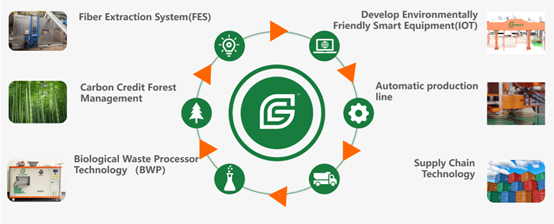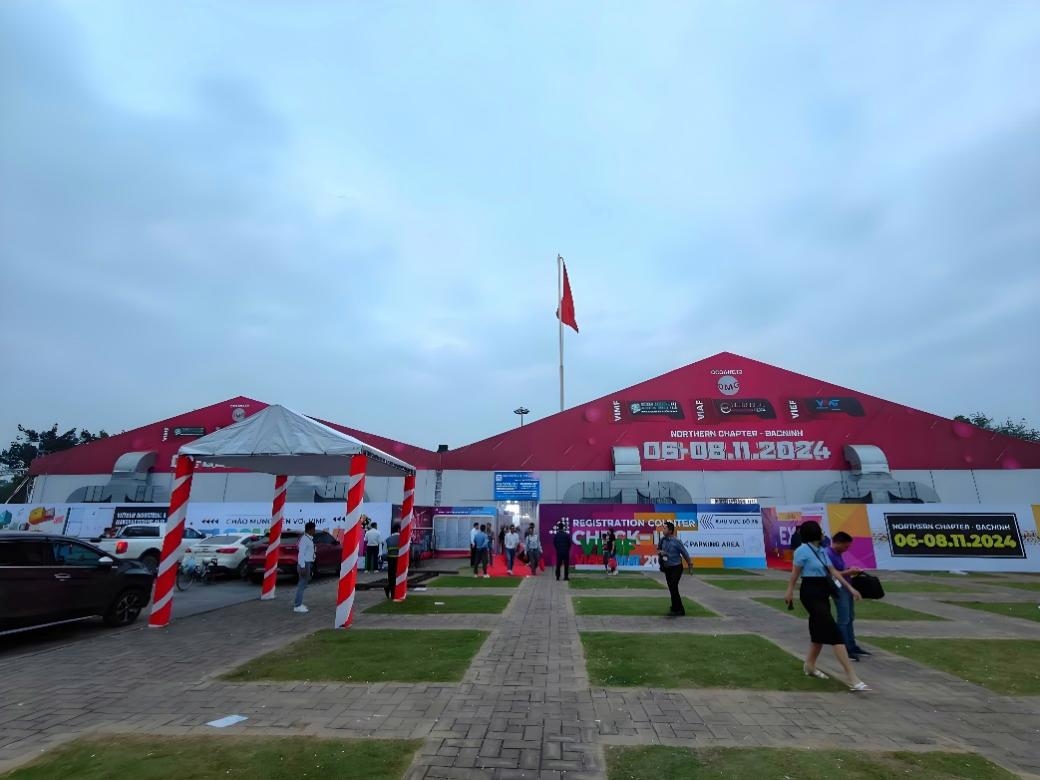The Rise of Bamboo Pulp as a Material
Bamboo, a renewable and fast-growing resource, has become a versatile raw material for various applications. Its pulp, obtained through mechanical and chemical treatment, possesses qualities ideal for packaging. Unlike wood-based pulp, bamboo regenerates rapidly—some species grow up to 91 cm (36 inches) in a single day—making it an eco-friendly resource for mass production.
The production process begins with harvesting mature bamboo stems, which are chipped into smaller pieces and treated with solutions like sodium hydroxide or hydrogen peroxide to break down lignin and hemicellulose. The refined pulp is then molded into products such as cup carriers. This process consumes significantly less water and energy compared to plastic manufacturing, enhancing its sustainability.
Key Properties of Bamboo Takeaway Pulp Cup Carriers
1. Structural Integrity and Durability
Bamboo pulp's long fibers provide exceptional tensile strength, ensuring robust support for heavy loads like multiple beverages. The high fiber density prevents deformation or collapse, even in high temperatures or humid conditions.
2. Moisture Resistance
Advanced surface treatments make bamboo pulp carriers resistant to liquids. Coatings made from biodegradable materials such as polylactic acid (PLA) enhance water resistance while maintaining compostability. This feature is vital for carrying hot or cold beverages, preventing leaks and maintaining structural integrity.
3. Thermal Insulation
Bamboo pulp's natural insulating properties minimize heat transfer, ensuring that carrying hot beverages is safe and comfortable.
4. Biodegradability and Compostability
Unlike plastics, which can take centuries to decompose, bamboo pulp naturally degrades within 90-180 days under industrial composting conditions. Even in home composting setups, the material breaks down efficiently without leaving harmful residues.

Manufacturing Techniques of Bamboo Pulp Cup Carriers
The production of bamboo pulp cup carriers involves thermoforming, a process where heat and pressure shape the pulp.
1. Pulp Preparation: Raw bamboo fibers are refined into a uniform slurry. Additives like natural binders or plant-based waxes can be incorporated to enhance properties such as water resistance or flexibility.
2. Molding: The slurry is poured into molds and subjected to heat and pressure, solidifying into carriers with characteristic compartments and structural ridges.
3. Drying and Finishing: Molded carriers are dried in controlled environments to ensure stability. Surface treatments like PLA coatings may be applied at this stage.
4. Quality Control and Packaging: Each carrier undergoes inspection for defects, ensuring uniform strength and finish. They are then packaged in minimal, recyclable materials to align with eco-conscious branding.
Environmental and Economic Impact
1. Reduction in Plastic Pollution
With global plastic waste exceeding 300 million tons annually, adopting biodegradable materials like bamboo pulp significantly reduces pollution. Each bamboo pulp carrier replaces single-use plastics that would otherwise persist in landfills or oceans.
2. Lower Carbon Footprint
Bamboo cultivation absorbs substantial CO₂, acting as a carbon sink. Additionally, manufacturing bamboo pulp carriers generates fewer greenhouse gas emissions compared to plastic production, lowering the overall carbon footprint.
3. Economic Opportunities
The growing demand for bamboo products drives economic growth in regions where bamboo is cultivated. Farmers and manufacturers benefit from expanding markets, promoting sustainable livelihoods.
Conclusion
The bamboo pulp takeaway cup carrier exemplifies the importance of renewable materials in everyday packaging. By combining sustainability, functionality, and aesthetic appeal, it addresses the need for plastic-free alternatives in the takeaway sector. This innovation not only reduces environmental impact but also sets a benchmark for the future of sustainable packaging solutions.
http://www.g-cove.com/Bamboo-Pulp-Cup-Carrier-Promoting-Plastic-Free-Takeaway.html
www.g-cove.com
G-COVE



